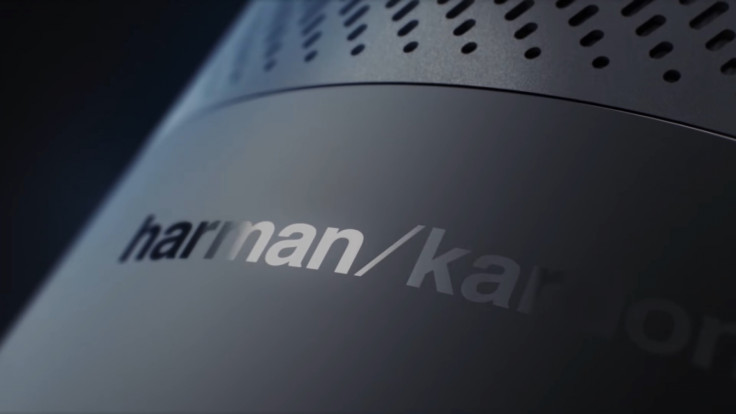Microsoft announces Amazon Echo rival with Cortana-powered speaker from Harman Kardon
Microsoft is bringing its digital assistant to speakers, fridges and other home appliances in 2017.

Microsoft is set to take on Amazon Echo and Google Home with a smart speaker of its own, powered by Cortana. The company will integrate its digital assistant with a speaker made by Harman Kardon, which is tipped to debut at some point in 2017.
Microsoft wants to bring Cortana to a range of home appliances with its inbound Windows 10 Creators Update, which will imbue refrigerators, thermostats and other internet-connected domestic gadgets with the assistant's virtual brains.
This is all thanks to Microsoft's Cortana Devices SDK, which the company has now opened up to developers wishing to make smart devices powered by Cortana. The SDK features cross-platform support, meaning developers can create Cortana-based devices based on the Windows, Linux and Android operating systems.
The first confirmed hardware partner in this push is Harman Kardon. Little was revealed about the smart speaker the companies are putting together, although from the short teaser video it's evident that the voice-activate device will be capable of playing music, setting reminders and likely performing various other handy features similar to Amazon Echo.
Microsoft said Harman Kardon would "have more news to share next year". Fingers crossed for an update at CES 2017.
Microsoft is also making available its Cortana Skills Kit, which will allow device makers to add new capabilities to Cortana by leveraging the bots created for the Microsoft Bot Framework. Developers will not only be able to create new skills for Cortana but also repurpose existing ones made for rival digital assistants such as Amazon Alexa.
"The Cortana Skills Kit will allow developers to leverage bots created with the Microsoft Bot Framework and publish them to Cortana as a new skill, to integrate their web services as skills and to re-purpose code from their existing Alexa skills to create Cortana skills," Microsoft said in a statement.
"It will connect users to skills when users ask, and proactively present skills to users in the appropriate context. And it will help developers personalise their experiences by leveraging Cortana's understanding of users' preferences and context, based on user permissions."
© Copyright IBTimes 2025. All rights reserved.






















